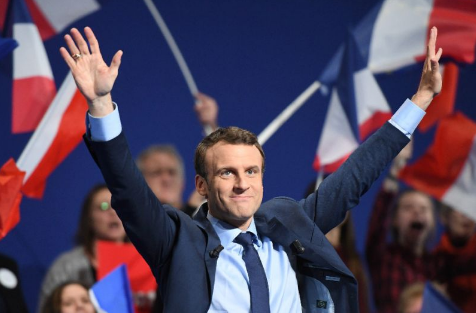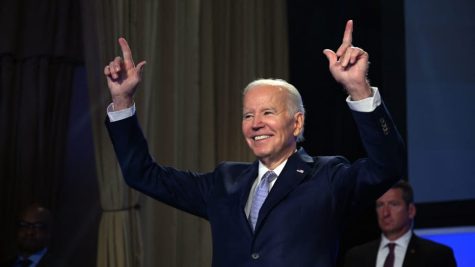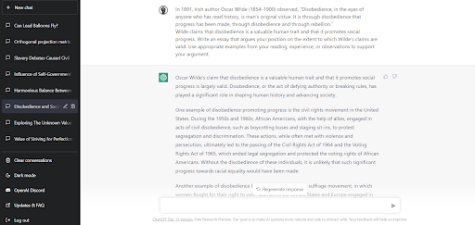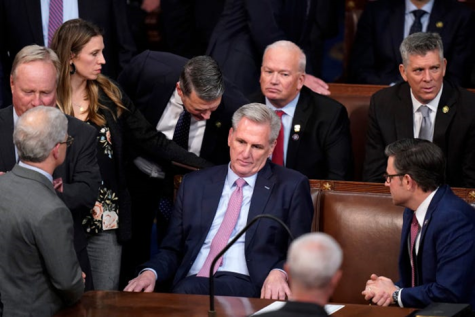Macron Molding the Fate of the European Union

May 24, 2017
The EU breathed a sigh of relief as former economy minister and centrist Emmanuel Macron defeated the far right Marine Le Pen in the French presidential election on Sunday, May 7. A Le Pen presidency promised grave implications for the anxious and divided European Union, galvanizing the populist movement sweeping across core member states and testing the foundations of long standing political precedents.
The current political climate in Europe, marked by sentiments of fear, distrust, and anti-establishment, has fostered animosity between member states. Policy disagreements on domestic security, the Euro, debt, and immigration have only heightened the unwieldy nature of Brussels. An increasingly populist voter demographic has become disillusioned by pro-globalization, pro-immigration politicians unable to deliver on their promises of reform and progress.
The EU’s unyielding stance on austerity measures in Greece remains the source of much criticism. Although the Greek economy shrunk 25% between 2008 and 2015, and the unemployment rate is currently at an astonishing 22.6%, the EU offered Greece yet another bailout of $7.6 billion on May 2nd continuing the vicious cycle of debt. The European Union continues to place Greece’s debt burden on the strongest European economies catalyzing populist movements in France, Germany, and the Netherlands.
Where once the EU was a symbol of European solidarity and economic partnership, in recent years it has been branded as a hindrance to national identity and economic prosperity. So will Emmanuel Macron be able to change the political tide and unify the divided EU?
A Le Pen victory would have secured a crucial ally in the European Union for Donald Trump and continued the electorate populist uprising that Trump strategists had predicted. Trump voiced his support of Le Pen, saying to AP reporter Julie Pace, “She’s the strongest on borders, and she’s the strongest on what’s been going on in France,” he continued, “Whoever is the toughest on radical Islamic terrorism, and whoever is the toughest at the borders will do well in the election.”
Faced with a partnership between Macron and German chancellor Angela Merkel, however, Trump will encounter difficulties maintaining the momentum created by his November election in Europe. Throughout his campaign, and now as president, Macron embraced the EU regarding it as a body that needs reform, but is vital to the unified progress of Europe.
Macron has already taken decisive hard line stances on issues such as Russian adventurism and climate change that run in direct contrast to the Trump administration’s rhetoric. In a video posted in February, Macron invited any and all American researchers, entrepreneurs, and engineers working on climate change to come to France, ending with the affirmation, “France is your nation.”
The young, well-spoken centrist has been referred to as the antithesis of Trump and the power broker the European bloc needs desperately. Macron is proposing a sweeping integration for the Eurozone entailing a common eurozone budget and a new finance minister. A French-German partnership provides the funds and leadership necessary to lead the European Union in reform.
This is not to say that Macron will yield to Merkel and German finance minister Wolfgang Schaueble, however. Serving as French Minister of Economy during the 2015 Greek debt crisis, Macron brokered a period of respite for Greece under heavy pressure by Germany to intensify austerity measures.
Just as Macron is committed to keeping Greece in the EU, he intends to restore the name of the European Union. Indicative by his campaign slogan “En Marche”, Europe is on the move.





















